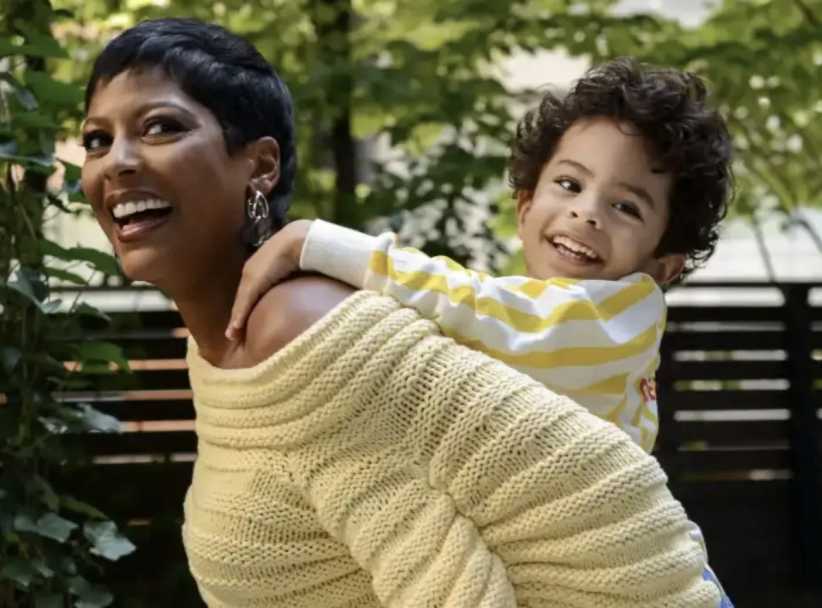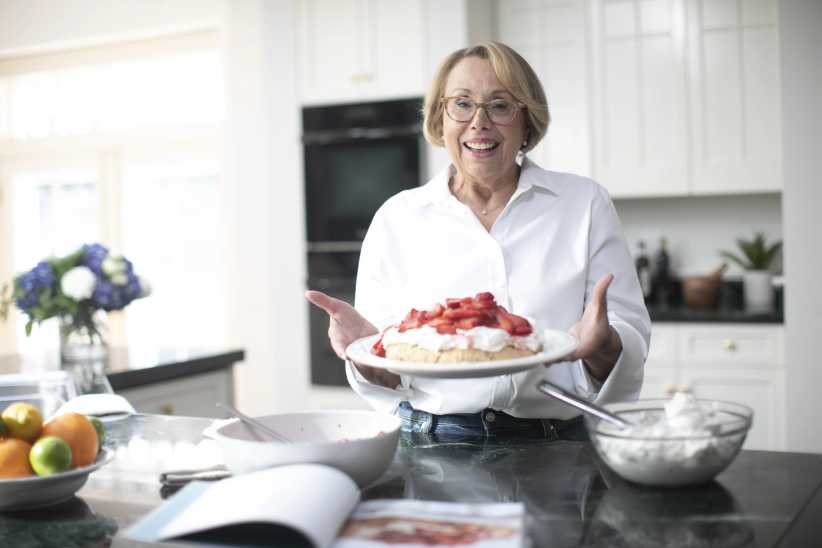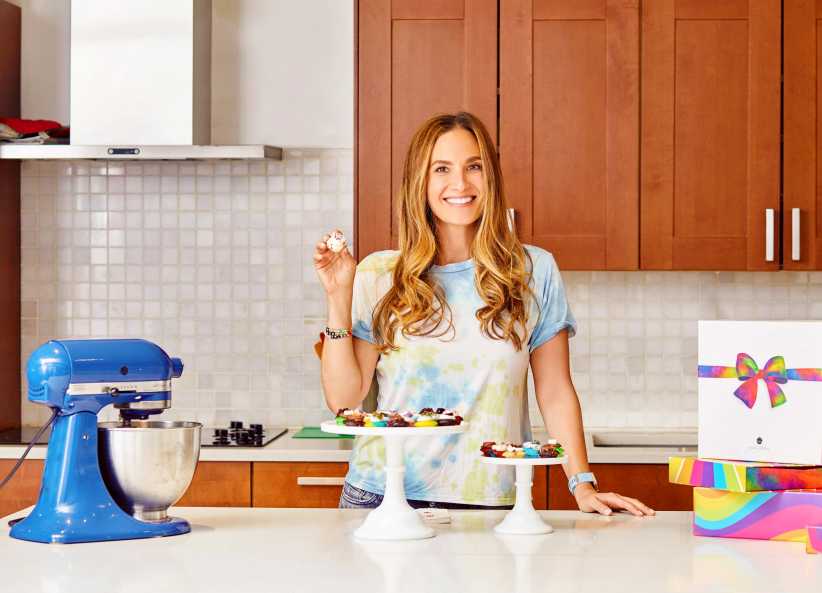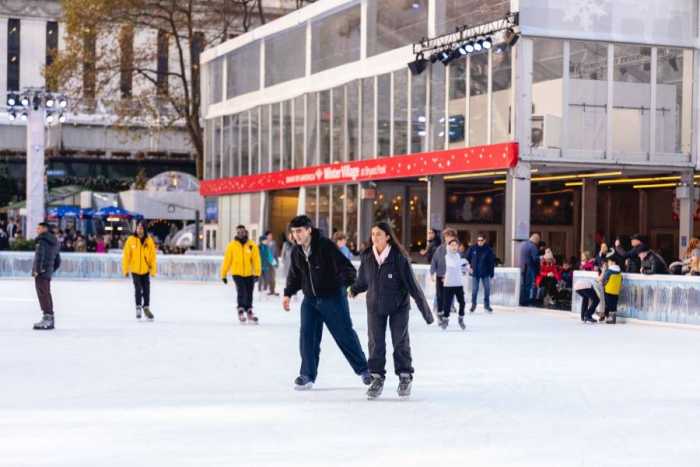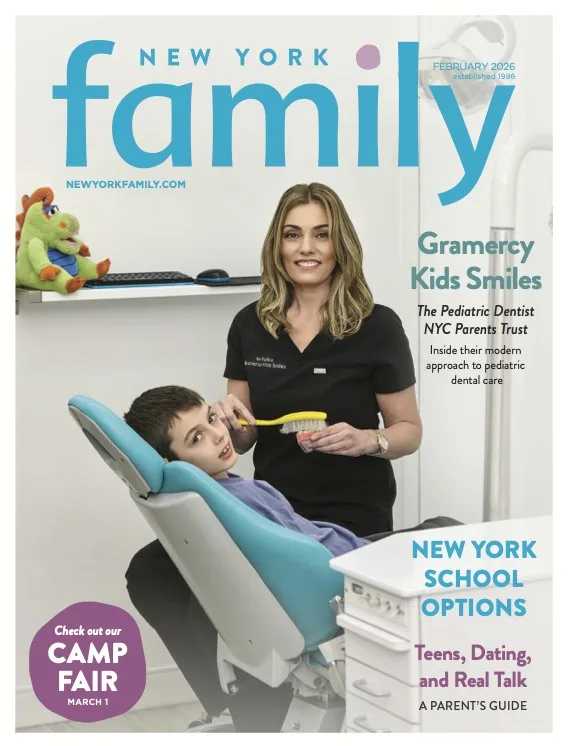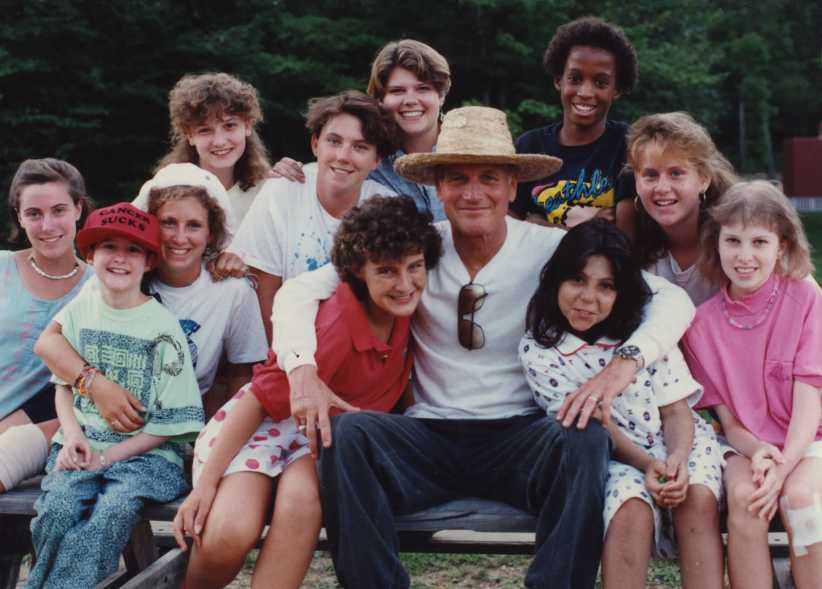
Carrying Her Father Paul Newman’s Legacy: Clea Newman on SeriousFun Camps
SeriousFun Camps are changing lives for kids with serious illnesses
Clea Newman grew up watching her father, legendary actor and philanthropist Paul Newman, change lives. Now, as Ambassador for SeriousFun Children’s Network, a global community of 30 camps for kids with serious illnesses, she’s carrying that torch, giving children and their families the chance to experience the joy of camp, entirely free of charge.
Psst… Check Out Tamron Hall on Motherhood, Her Son Moses, and the Magic of Harlem
As the Network celebrates “A Year of SeriousFun” in honor of Paul Newman’s 100th birthday, we spoke with Clea about her family’s local legacy, the life-changing power of camp, and how families today can inspire the next generation to give back. Clea shares how the camps let kids simply be kids—laughing, exploring, and forming friendships without the weight of their illness. It’s easy to see how her father’s vision still touches families deeply, creating unforgettable memories.
Your parents, Paul Newman and Joanne Woodward, are Hollywood icons, but also deeply passionate philanthropists. What lessons from their lives most shaped who you are today, especially as a parent or mentor figure?
My parents taught me a lot, especially to find and follow my passion. They always said that care requires action—you have to show up for the people and causes you care about consistently. Mom and Dad were never afraid to roll up their sleeves. Even when they were at their busiest, they always found time for the things they cared about — their advocacy and philanthropy.
Dad always said, if he could only be remembered for just one thing, he wanted his legacy to be our SeriousFun camps. It really meant that much to him. When he asked me to steward his philanthropic legacy, after two decades charting my own course away from the spotlight of my family name, I decided to return to SeriousFun Children’s Network. He often reminded me that “if it helps the campers, no ask is too bold.”
To this day, I carry his advice and work ethic with me. It has helped shape everything about me, from how I show up in my personal life to how I show up in my role as Ambassador for SeriousFun. My top priority is to be there for our campers and families, and I feel like the luckiest person in the world.
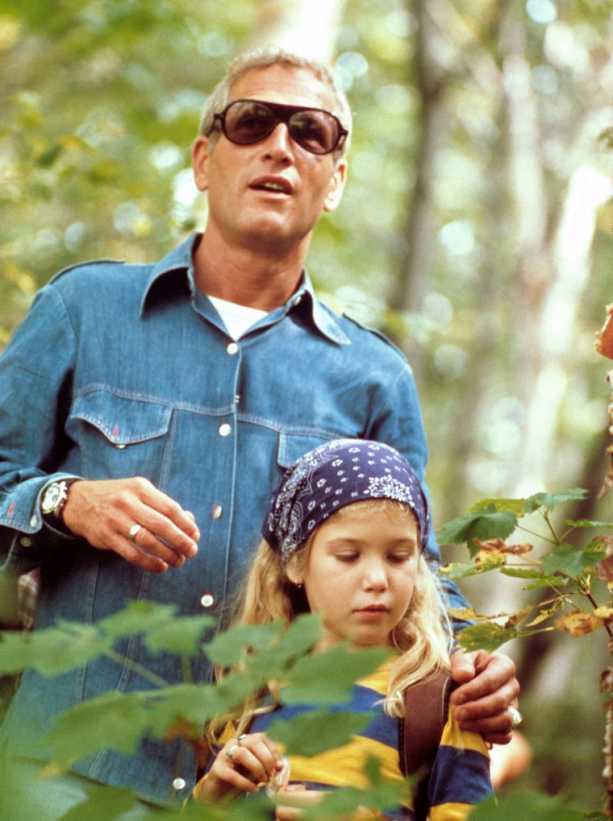
What are some of your earliest memories of being involved or observing your father’s work with SeriousFun? How did that shape your view of giving back?
Our Camps were an incredibly special place for Dad because the kids just knew him as the guy who started camp. He loved that. It was the rare place where his fame didn’t precede him. Dad was certainly a visionary, but his greatest skill was being an epic listener. It’s probably what made him such a good actor. It also made him a smart and generous founder.
To Dad, it was imperative that we listen deeply to what our kids and families needed. This meant if there was a special need for a session for children living with sickle cell disease, our program and medical teams joyfully took on the challenge of making camp safe and accessible for them.
This is why our programs have grown and evolved continuously over the last 35-plus years. Our first summer, we served kids with just a handful of serious medical conditions. Today, we’re equipped to serve children living with more than 100 medical conditions, including very rare diseases. Dad taught me that giving back isn’t about what you think is needed—it’s about what the community asks for.
Dad also knew camp wasn’t something one person could do alone. He often said, “camp would be a measure of people’s generosity.” And he was right! There’s such power in community and reciprocity, and our amazing community camp proves it every day. That lesson has stayed with me in every part of my life.
This year marks what would’ve been your father’s 100th birthday. What does “A Year of SeriousFun” mean to you personally, and how are you commemorating this milestone?
It’s a very special year for me. “A Year of SeriousFun” is an opportunity to not only celebrate my Dad’s vision and legacy—but also reflect on how much we’ve grown since that first summer in Connecticut in 1988. Today, SeriousFun serves kids living with more than 100 life-threatening medical conditions through 30 camps and programs in over 50 countries, all free of charge.
Right around Dad’s actual birthday in January, we hit the incredible milestone of providing over 2 million life-changing experiences to our Campers and their families! And this past April, we held our biggest fundraiser ever—A Night of SeriousFun—and raised over $2.7 million to ensure camp is free of charge for every family.
Pretty good start to our celebration, and we are just getting going! We have exciting events, activations, and opportunities to get involved throughout the summer and fall, so stay tuned! But beyond celebration, this year is really about action.
Dad always said “our Camps will only be as strong as the community that surrounds them.” So, this year, we’re inviting 10,000 new volunteers to step into that spirit and be part of the next chapter with us at seriousfun.org/volunteer.

For those who may not know, can you describe what makes a SeriousFun camp so unique and magical for children and families facing serious medical challenges?
What makes SeriousFun camps one-of-a-kind is that every single activity and detail is customized for every child. We’re talking about adaptive sports equipment, wheelchair-accessible zip lines, and even nine, ten or however many versions of meals for kids with dietary restrictions. It’s a place where every child, no matter their diagnosis, is included and accepted as they are.
We have the highest medical support to ensure kids are safe, but the key is the medical care doesn’t get in the way of the fun. Doctors can be found in tutus instead of white coats, delivering medications right to program areas. At camp, children who’ve spent too much time in hospitals get to be kids first, patients second.
And it’s not just about the child: we care for the whole family with programs for parents, caregivers, and siblings, too. There’s a profound magic that happens when a child hears, “Yes, you can,” after a lifetime of hearing “No, you can’t.” The same goes for their parents and their siblings. So often, we hear that entire families leave camp with a new sense of what’s possible for their child and for their lives together.
How has SeriousFun evolved since its founding in 1988? Are there any new programs or global efforts you’re particularly excited about?
When we started, there was one camp, Hole in the Wall. But within a couple of years, there was a waitlist for children to get into a session. Dad couldn’t bear the thought of any child with a life- threatening illness having to wait so he partnered with like-minded individuals—all over the world—who wanted to bring the camp model to their communities. Now, we’ve delivered over 2 million life-changing experiences around the world at our 30 camps and programs worldwide and still growing!
I’m especially excited about our expanded mental health programming and two new camp locations opening in Maryland and the United Kingdom in 2026. We’ve also doubled our individual donor base this year and are deepening our research to better understand our long-term impact on kids and families.
In terms of recent research, we wanted to find a way to define the value of our camps, which is a hard thing to do because the outcomes stretch so far beyond traditional metrics. We commissioned a multi-phase study to explore the conceptual value of our various program models, which includes residential camps, family programs, and hospital or outreach-based initiatives.
We were so pleased, although not surprised, that the findings led us to the conclusion that our ‘secret sauce’ is a combination of our amazing teams and the adaptable and inclusive programs. The location where it happens isn’t the driver of our successful outcomes. The study helps to provide an even stronger foundation for more meaningful program evaluation and a deeper understanding of what makes our organization so uniquely impactful for children with serious illnesses and their families. The data is proof, but the smiles and laughter say it all.
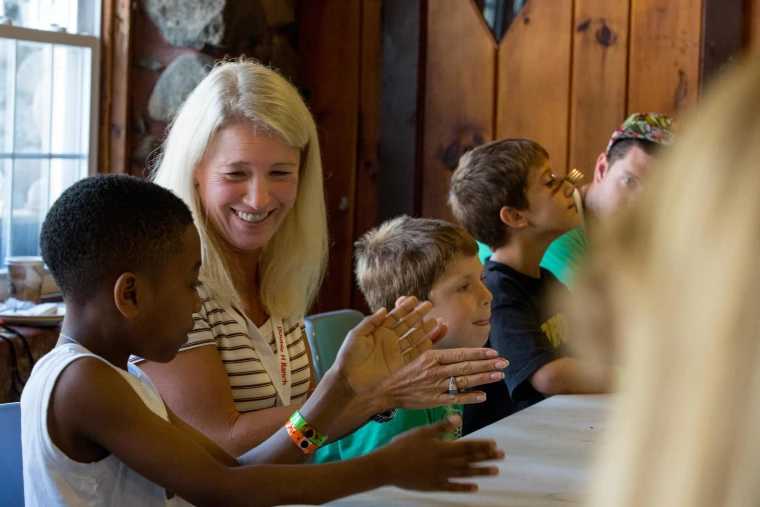
Parenting a child with a serious illness comes with immense emotional and physical challenges. What kind of support does SeriousFun offer parents and caregivers?
Our family weekend programs provide much-needed respite and connection for parents and caregivers. These weekends allow families to relax, laugh, and bond with others who truly understand their journey. Parents get to meet peers walking similar paths and access local resources—like financial advisors and caregiver support groups—that community and support helps long after the camp sessions ends.
We have dedicated programming for siblings of children with serious illnesses, too. We often hear these programs are restorative and confidence-boosting for kids who, by necessity, sometimes take a back seat to the sibling who is navigating intense medical treatment. Several of our camps also run bereavement programs for families who’ve lost a child to a serious illness. Camp is not just a fun escape—it’s a support system, offering hope and healing in deeply personal ways.
The camps focus so much on fun, freedom, and even a little mischief. Why is that kind of philosophy especially important for kids who are dealing with medical challenges?
Sadly, children living with serious medical conditions hear “no” far too often—no, you can’t do this, no you can’t go there. Camp flips the script to a place of yes. That sense of possibility helps restore kids’ sense of self-worth and hope for the future. My dad instinctively understood that joy, hope and a community that understood what you were going through could be a form of healing. He envisioned camp as a place where kids facing some of life’s toughest challenges could go to simply “kick back and raise a little hell” and get back to being a kid.
What is so amazing is today, science supports what he always believed. Positive childhood experiences (PCEs) are essential, especially for kids who’ve faced adversity like childhood illness. Our campers often navigate isolation, fear, and medical trauma. Camp becomes a sanctuary where these kids can rediscover themselves—not defined by a diagnosis, but by their laughter, courage, and friendships instead. That joy is not a luxury; it’s a lifeline. We now know a single SeriousFun camp experience remains with our kids for life, shaping personal traits and qualities well into adolescence and adulthood.
More than 80% of our alumni credit camp for their self-confidence, friendship skills, and willingness to try new things. And more than two-thirds of alumni believe camp significantly influenced their health, including medical self-advocacy, medical self-care, and health-related quality of life.
What advice would you give parents who want to instill the value of giving back in their children?
Start small and start together. Kids learn best by watching what we do. Volunteer as a family—even if it’s just an hour at a food pantry or writing cards to children in hospitals. Talk about why giving back matters and encourage your child to choose a cause that speaks to them. Help them find and follow what excites them.
Their passion doesn’t need to be their career; it may be something they do in their community. For me, it was supporting children and animals, and my parents always encouraged that. It’s about fostering empathy and finding something special to be involved with. The important thing is planting the seed. I was so grateful for my parents’ example. It certainly showed me the way.
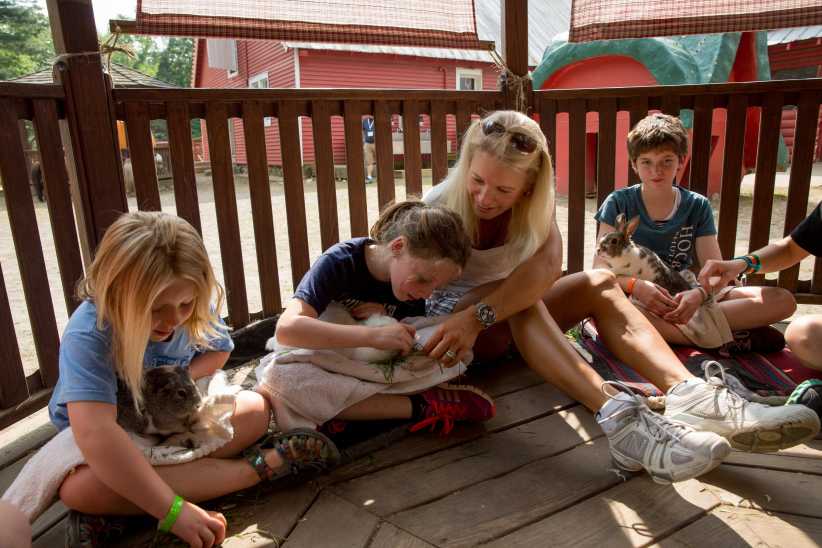
You’ve dedicated much of your life to advocacy, especially for children and those with complex needs. What keeps you motivated and grounded in this work?
The impact keeps me going. It’s real, it’s tangible, and it’s often pretty magical to witness. Watching a child who has spent many months in a hospital conquer a climbing wall or feel supported enough to get up on stage and sing a song, and the smile after hearing all the cheers, or a parent sharing that it’s the first time they’ve had a belly laugh in months, those moments stay with you.
I’m also constantly inspired by the people I work with. Our staff, volunteers, and medical teams are some of the smartest and most generous souls I know. Our Network includes more than 600 year-round staff and 25,000 plus volunteers each year. Every camp is a reflection of the strength and heart of its local community. I collaborate daily with global teams to fundraise, build partnerships, and drive strategy. It’s a true community effort, and I’m honored to be a part of it.
If your dad could see the global reach of SeriousFun today, what do you think he’d say … or joke about?
I think he’d be amazed—and then immediately say, “Okay, what’s next?” He was never one to sit back and admire the view for too long, because there was always more to do. He believed so strongly that our camps should always be free of charge. Families facing illness are already dealing with so much, and he never wanted any financial barriers to camp. He didn’t have many mandates for the future of our Network, but always being free of charge to our Campers and their families was in stone.
I also think he’d get a huge kick out of the joy and mischief still alive at camp. He’d probably joke that we’ve come a long way from the days when he was stealing pies from the dining hall or setting up water balloon ambushes. But deep down, he’d be so proud— the heart of his vision is still intact: generosity, fun, and giving kids their childhoods back. It doesn’t get better than that.
Psst… Check Out Lisa Marie Riley of @OneFunnyLisaMarie on Healing Humor, Food and Family


